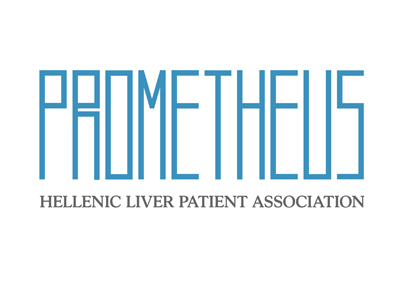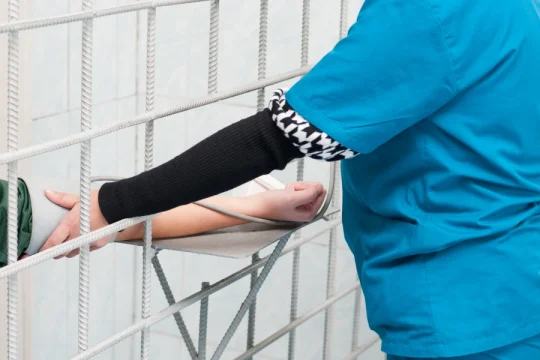Health without barriers

According to the United Nations, one of the key components for protecting the fundamental right of people in prisons to health care is the unhindered access to diagnosis/treatment and the confidentiality of their personal medical files. During the interventions of “Prometheus” and “Positive Voice” in 11 prison settings, it was noticed that the access of prisoners in diagnostic examinations and treatment is hindered by restrictions, while the leakage of their medical data leads to stigma and discrimination.
The purpose of the project is to officially register those restrictions, in 5 prison settings at the Greek periphery, with a population of 2,500 and strengthen advocacy towards state institutions, in order to bring policy change, regarding prisoners’ rights (electronic medical records, Social Security Number issuance, telemedicine, medical data confidentiality and prisons’ decongestion). At the same time, through training and awareness initiatives, we aim to eliminate stigma, discrimination and exclusion of prisoners with infectious diseases, such as hepatitis and HIV.
The project activities are the following:
• Scientific Committee establishment (defining methodology, data analysis, policy brief, project supervision)
• Research for human rights’ violations/restrictions
• 5 seminars in prisons: “Viral hepatitis and HIV Myth busters”
• Training of 15 “human rights ambassadors” in prisons
• One-day conference on Human Rights of Prisoners with Health Problems
• Cooperation with 3 media for reporting news stories
The ultimate goal of the project is to benefit all people in prisons with health problems, who face barriers in accessing diagnostic and treatment services, as well as medical data breach. The Project Promoter is responsible for the management, supervision and coordination of the project, while all activities will be implemented jointly with the partner, due to the common experience of the 2 organizations, concerning vulnerable populations such as people in prisons.
